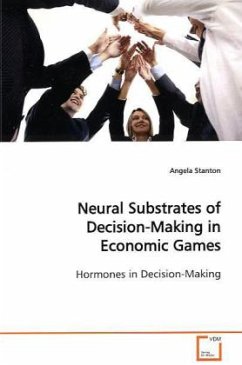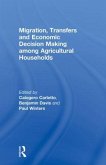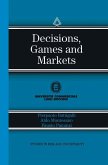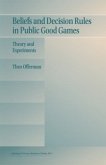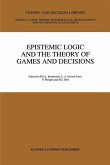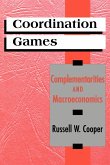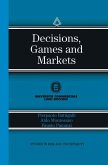In economic experiments decisions often differ from
game-theoretic predictions. Why are people generous
in one-shot ultimatum games with strangers? Is there
a benefit to generosity toward strangers? Research on
the neural substrates of decisions suggests that some
choices are hormone-dependent. By artificially
stimulating subjects with neuroactive hormones, we
can identify which hormones and which brain regions
participate in the decision-making, to what degree
and in what direction. Does one hormone make subjects
generous and another stingy? In this paper, two
laboratory experiments are described using the
hormones oxytocin and arginine vasopressin to see if
oxytocin may make subjects more generous and is
arginine vasopressin may do the opposite, make people
stingy. Since these hormones naturally release during
the day in response to the environment, it makes
sense to test what happens when they change.
game-theoretic predictions. Why are people generous
in one-shot ultimatum games with strangers? Is there
a benefit to generosity toward strangers? Research on
the neural substrates of decisions suggests that some
choices are hormone-dependent. By artificially
stimulating subjects with neuroactive hormones, we
can identify which hormones and which brain regions
participate in the decision-making, to what degree
and in what direction. Does one hormone make subjects
generous and another stingy? In this paper, two
laboratory experiments are described using the
hormones oxytocin and arginine vasopressin to see if
oxytocin may make subjects more generous and is
arginine vasopressin may do the opposite, make people
stingy. Since these hormones naturally release during
the day in response to the environment, it makes
sense to test what happens when they change.

